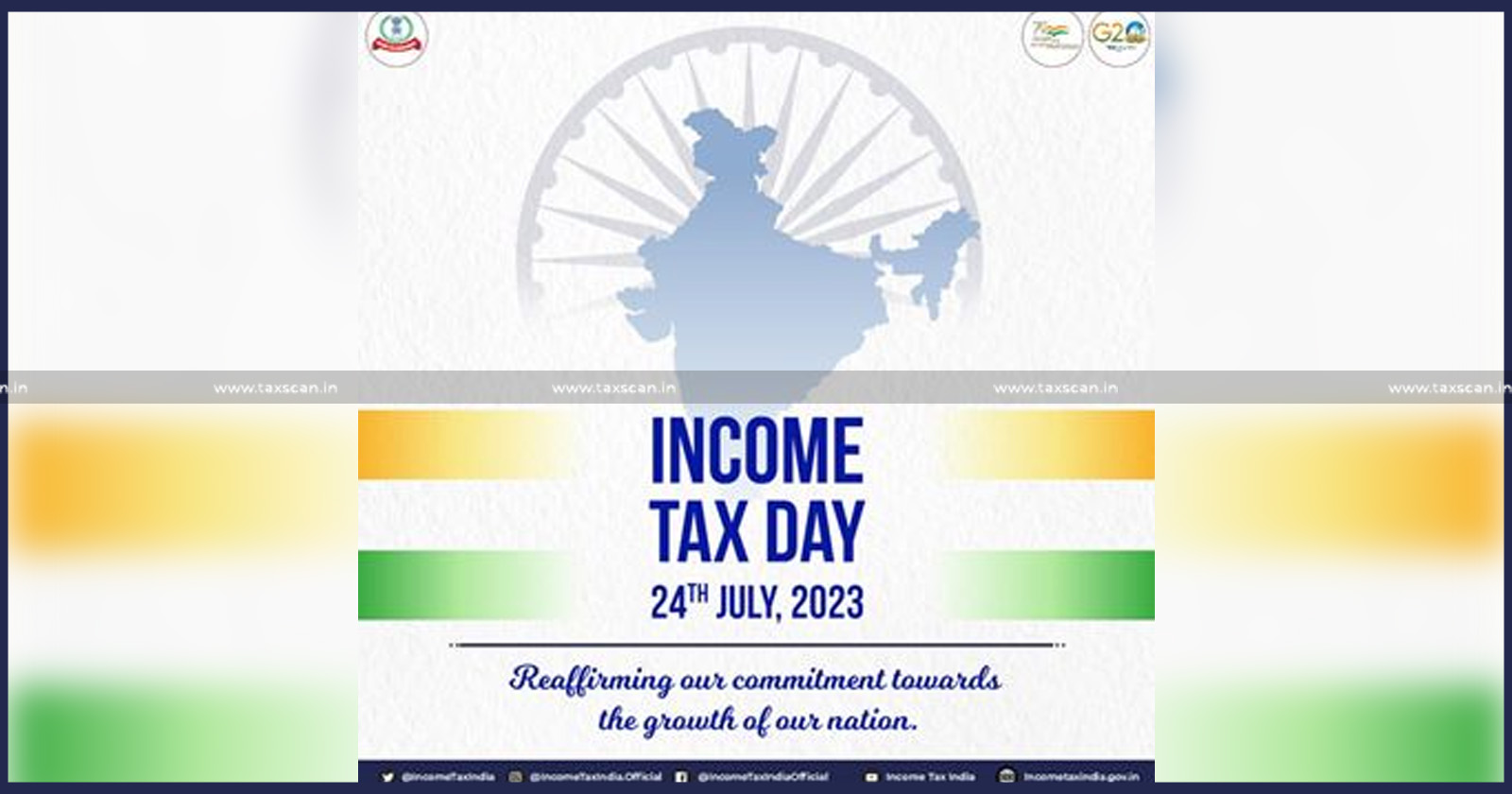Finance Minister Nirmala Sitharaman to lead 164th Income Tax Day Celebration at 6 PM Today

On this day, July 24th, 2023, the 164th Income Tax Day is being celebrated, and the Finance Minister Nirmala Sitharaman is scheduled to inaugurate the festivities at 6 pm at Vigyan Bhawan, New Delhi. This event holds a significant historical legacy, dating back to the year 1860.
On the 164th anniversary of its establishment, we commemorate the advent of technological intervention and non-intrusive taxation. Over the course of its journey, the department has undergone numerous transformations, evolving from the British Colonial era to the modern Internet age.
A concise overview of Income Tax in India reveals that it was initially introduced by Sir James Wilson on July 24th, 1860. However, a more comprehensive enactment, the Income Tax Act of 1922, was introduced later. In 1940, the first attached office of the Board known as the Directorate of Inspection (Income Tax) was established to exert effective control over the inspection of the income tax department's operations.
In 1941, the establishment of the Income Tax Appellate Tribunal took place. Subsequently, in 1954, the Internal Audit Scheme was introduced within the income tax department. Transitioning into the computerized era, the nationwide implementation of computerized processing of returns was introduced in 2002. And the National website of the Income Tax Department (www.incometaxindia.gov.in) was launched in the same year to provide a vital interface between the department and taxpayers.
And now we are in a situation where faceless assessment can be done. In 2020, Faceless Assessment Scheme and Faceless Appeal Scheme were introduced which eased the taxpayers in dealing with disputes. And in 2021, the government launched an e-filing portal for filing Income Tax Returns.
The swift transformations in the administration of direct taxes over the past decades mirror the evolution of socio-economic thinking in India. From 1922 to the present day, the amendments and changes in direct tax laws have been so frequent that the current act bears little resemblance to the original Income Tax Act of 1922, except for its basic framework.
Support our journalism by subscribing to Taxscan premium. Follow us on Telegram for quick updates


